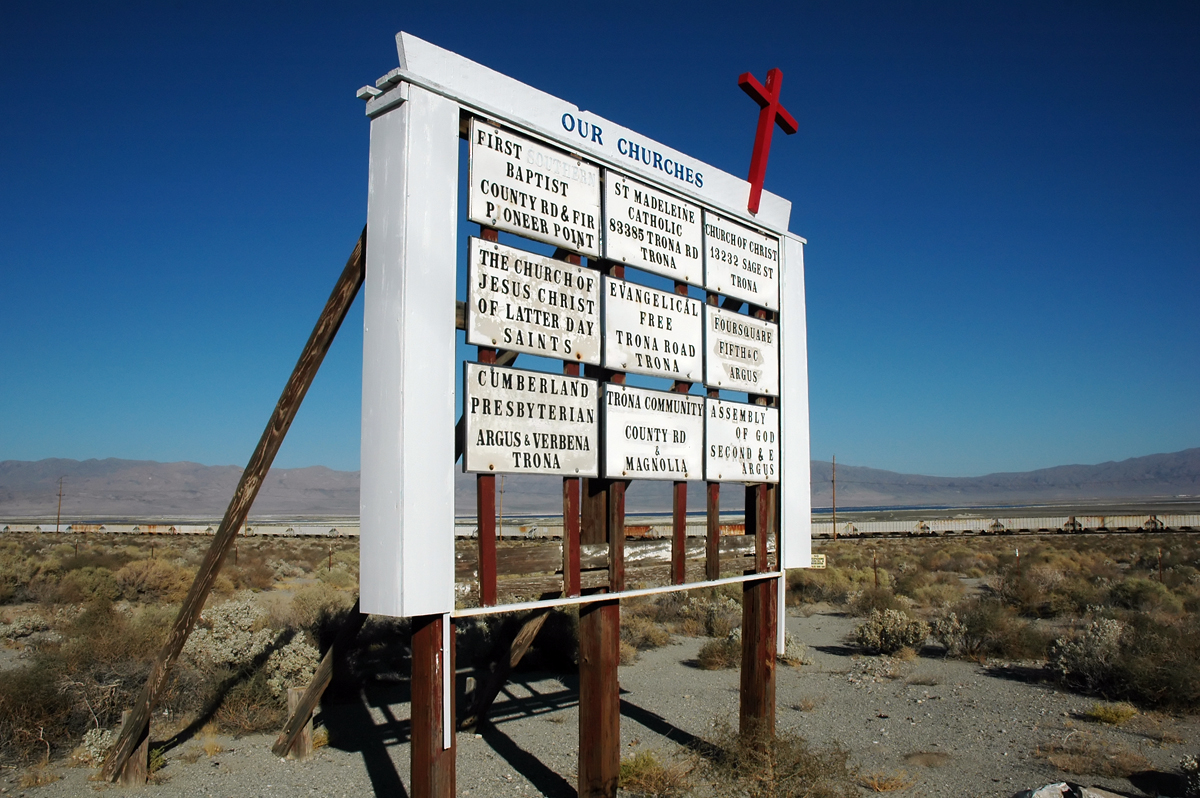The Ironic Gesture of the Church
Ryan Bell, the pastor of the Seventh Day Adventist Church in Hollywood, invited philosopher/theologian Peter Rollins to do a two day conference called “Beyond Evandelism” at their church building (You can read Bell’s recent post on Rollins talk last night).
In his talk Peter Rollins discussed a number of things important to the church: the ironic gesture and fetishism. According to Rollins, the trouble with mission and the church is that we try to bring people into our buildings, lock them in and scare them into believing. He pointed out that human desire is best experienced in a triangle. We need a third (someone or something) to tell our fantasty/desire/experience too. He told the story about the two strangers who were the only survivors on a shipwreck and were stranded on a deserted island. After many months there they started to become friends: initially they really begrudged each other for being the only two people on the island. And finally one night they have a real nice evening together. The next morning the guy seemed a little down and the girl asked what was wrong, the guy couldnt explain his troubles. Then he had an idea. He asked the girl to put on a mustache and a wig and meet him over by the tree. She thought it was really weird but decided to go along with it. When she, looking like a man, met up with the guy later the guy said, Hey Buddy, youll never guess who I had sex with last night! This story illustrates that often pleasure can only be enjoyed when it is shared with others (It seems to me that twitter and facebook status would be a good examples of this kind of triangulation. We turn the all aspects of life, mundane or otherwise, into a pleasure that can be shared with others).
Often God fills this triangulation for Christians. God fills the space so that “we can sleep at night.” God becomes a crutch to lean on so we dont have to face the harsh reality of life, which often looks meaningless. Rollins said, We want God to be this third, so we can place our projections, and keep us from facing up to our issues.
This was essentially Bonhoeffer’s point as well. Ryan Bell in his reflections on the talk wrote:
In his time, Bonhoeffer make the observation that God was always on the retreat, with less and less power, reduced to an idea – simply an explanation for what we cannot explain. We need God to help us face the likelihood that life is meaningless, everyone we love is going to die, that we have come from nothing and will return to nothing. So, God is pushed to the margins, not only of our lives, but also of society, to the point where God has now power at all anymore.
In modernity, God becomes intellectualized. We go to church believing while we are there, that is we believe intellectually, but when we leave we are “practical atheists.” We dont live the rest of the week like we really believe. Our faith is intellectualized to the point that we can critique social practice while engaging in that social practices. Think of those influenced by the green movement who are critical of big cars, but who drive just as much or more in their smaller efficient vehicles than those with the gas guzzlers. Instead of asking, why own a car at all? Or why do I drive so much? They intellectualize their passion for sustainability so that they dont have to really believe in a way that would change their practice.
This is what Rollins called the ironic gesture. This sentiment goes against pascal who didnt care what people believed so much as that they lived according to a world where God exists.
What has happened in our form of mission is that by bringing people into the church and making sure they believe in certainty and out of fear the church ends up having to believe for people. The rituals, the pastor, the sacraments all believe for us, these things becomes the third in the triangle. They believe on Sunday so we dont have to believe the rest of the week.
This happens when the church becomes a fetish. An example of a fetish is money. We know money isnt magical but we go on living as though we believe that it is. A fetish prevents us from experiencing the true reality of our social situation. Church as a fetish allows us to continue in our horrific jobs, abusive relationships, unethical corruptions, etc. So in order to really find God and free these people we need to remove the church.
The first response to this, and the most provocative, is to say we need to remove the church so that people can be free to face reality and believe themselves. But this would only be the antithesis of the problem. What is needed instead are robust, “powerful practices” as James McClendon called them, that are rooted in both believing and practicing. We need communities that interrupt the flow of the third, and push us to confront the reality of God and encounter Christ. What does it look like for the church to disrupt this ironic gesture? And what has it looked like for God to do it to our churches?
